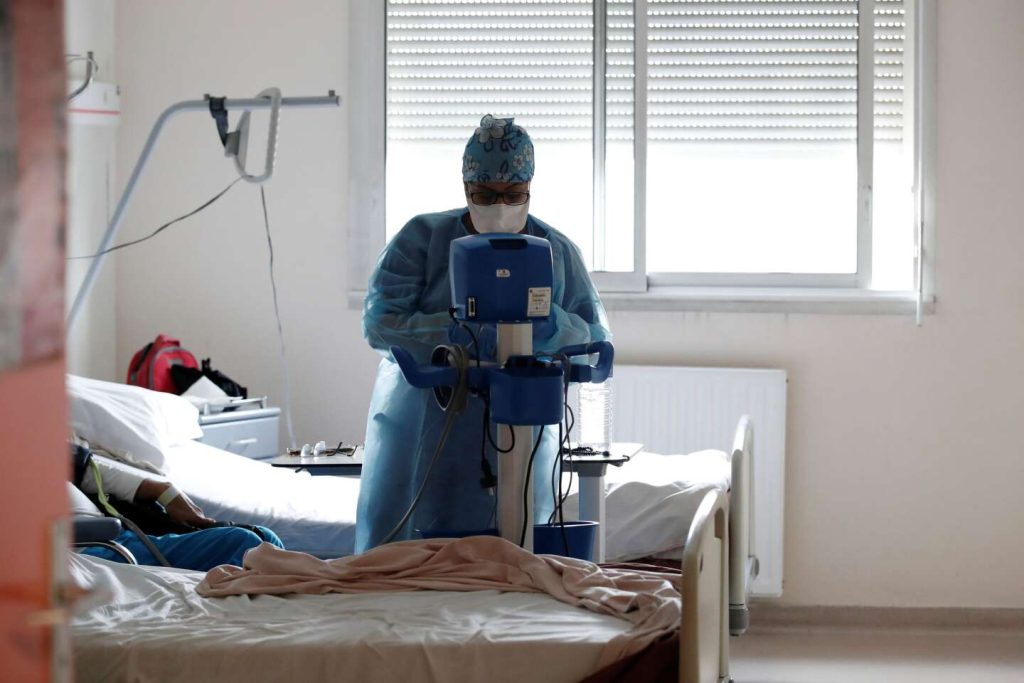More than 3,000 healthcare workers called for the maintenance of State Medical Assistance (AME) on November 2, 2023, twenty-three structures and scientific societies defended this program on November 28, and over 7,500 healthcare workers signed the petition following the vote on the immigration law at the end of December. As healthcare professionals, we are calling for the defense of AME against any reduction that could degrade its content and, by extension, the French healthcare system. People without health coverage are often treated at more advanced stages, increasing the strain on the healthcare system and the cost of care.
AME allows individuals in irregular situations and economic precariousness to access healthcare. Since its creation in 1999, the program has undergone several reforms that have reduced its accessibility and scope. While the proposal to replace it with emergency medical aid has been discarded, the government has committed to reforming it in 2024 based on the findings of the Evin-Stefanini report. Claude Evin, former health minister, and Patrick Stefanini, state councilor, agree on several key points regarding the need to reform AME.
The first key point is that while there has been an increase in AME expenditures correlated with the rise in beneficiaries, the average quarterly consumption per beneficiary has remained stable over the past fifteen years despite an increase in healthcare costs. Approximately 968 million euros are allocated to this program, representing 0.5% of the National Health Insurance budget. The second point is that AME is the program with the highest control rate by the National Health Insurance, effectively limiting the risk of fraud to less than 3% anomalies.
Contrary to the notion that AME is an incentive for immigration, available data shows that it is not the most generous healthcare program in Europe. Several neighboring countries offer broader healthcare coverage with fewer restrictions on access, particularly relating to income thresholds. Additionally, while AME is well-regulated and operational, its restricted scope excludes beneficiaries from the “treating physician” system and screening campaigns, affecting the efficiency and continuity of care. Specific income thresholds also contribute to exclusion, even for undocumented workers whose contributions help finance the National Health Insurance.
There are significant challenges with AME, including the risk of discrimination (with 14% to 36% less chance of getting an appointment with a general practitioner) and a high level of non-use (50% of eligible individuals do not access the program). While there is a need for reform to address these limitations, it is essential to maintain the integrity of AME in providing essential healthcare services to vulnerable populations. The healthcare professionals’ advocacy showcases the importance of preserving AME to ensure equitable access to healthcare for all individuals, regardless of their legal status or financial situation.


